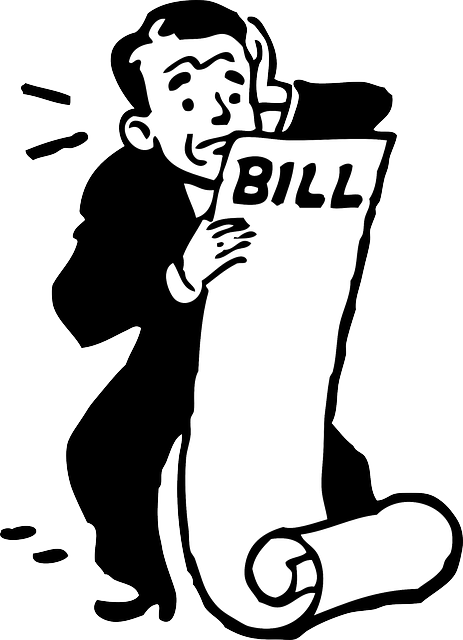How many hours do you work in a day? Eight hours? Nine hours? More than that? We Singaporeans are normally tied to our jobs in the hopes we can earn some good income. But do you know there’s a way to work smart—that is, earn additional income with little to no effort? I am talking about passive income.
What is passive income?
There are two kinds of income: active and passive. Active income is the one you earn if you use resources such as time, talent, and even money. Your wages are a form of active income, and so are the commissions, bonuses, and allowances, to name a few.
On the other hand, passive income is how many get richer since it doesn’t require the same amount of effort and resources from you. In fact, many require only a minimum investment—that’s it! You just wait for your money to grow.
But where exactly can you get passive income?
1. Savings Account
Remember when finance experts tell you that it’s better to place your money in the bank than under your bed or anywhere else in the home? Well, here’s the reason why: it’s the quickest and easiest way to start earning passively. A typical savings account is interest bearing, the rate of which can differ among banks, so do your research well. But the more you put money in there, the bigger the interest income is.
Bank savings are also safe, investment wise, especially since these institutions are regulated and protected by insurance. However, it also offers the lowest return, which may not be enough to beat inflation. Needless to say, it’s a great start.
2. Real Estate
As a small country, Singapore has a very limited but highly valuable resource: land. So when something is scarce but the demand is high, you have a pretty good leverage. Properties can be either sold or rented.
Currently, the real estate market in the country is grim, but it’s also cyclical. In fact, you can use this to your advantage by buying a property when it’s still cheap. But remember, real estate is the hardest investment to liquidate. It can take months or even years before properties turn into cash unlike the other passive income options.
Meanwhile, if you don’t want to own a property, you can still invest through real estate investment trusts (REIT).
3. Stocks
Fancy owning some of the biggest companies in Singapore? Try your hand at investing in the stock market. Stocks come in two forms: common and preferred. Some of the stocks also give you dividends, which means you earn a profit from a sale or buy, plus get income from simply owning the stock.
So far, more than 600 companies are part of the Singapore Stock Exchange (SGX). As a start, place your money on blue chips, of which there are 30 of them. They are more expensive than the other stocks, but you’re assured of the company’s stability and reputation.
4. Mutual Funds
What if you don’t like to work personally with stock? Or perhaps you want to access other forms of investment but don’t know how? Then perhaps mutual fund is for you.
It works like a financial pool: people contribute to a certain fund, and an experienced fund manager with deep knowledge and understanding of markets determine where the money is going to be invested. Depending on the fund you’ve chosen, the manager can put it in many investment choices including real estate and bonds.
Hold Up!
Passive income is great for earning a side income, but it wouldn’t be if you allowed your other financial choices to ruin its good impact on you. A perfectly good example is unwise spending complemented by poor credit card features. A simple but powerful way to also protect passive income is to select the best credit card deals in Singapore.
(This article is brought to you by SingSaver.com.sg)










